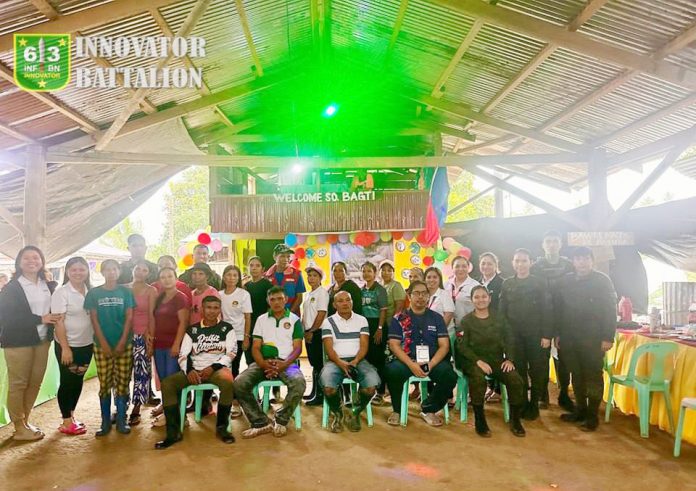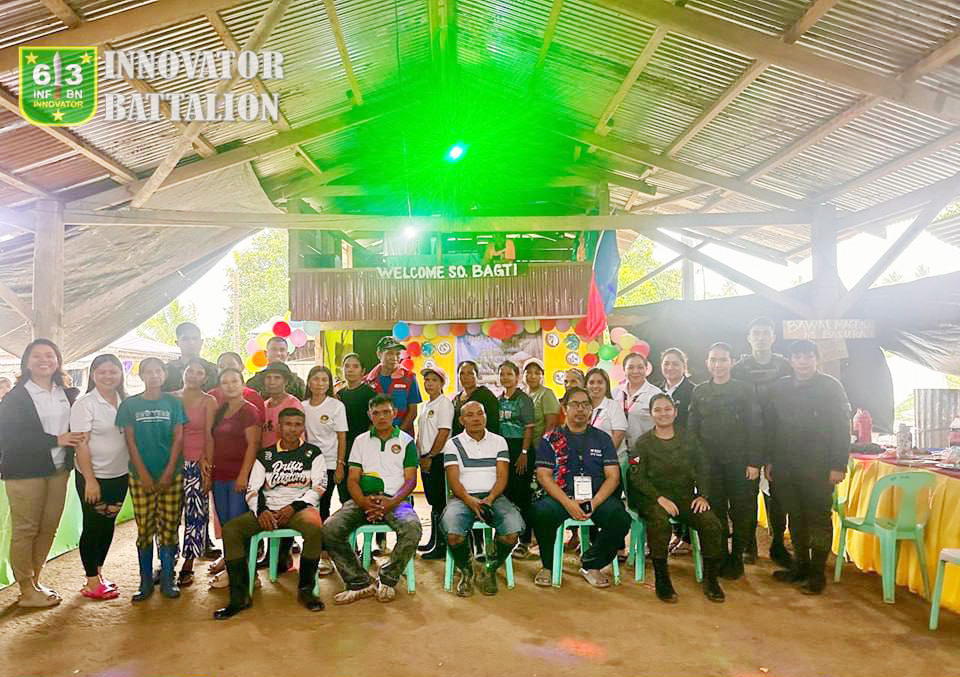
These notifications came in a row. “Your order has been received.” Then another: “Your items are being prepared.” And just a minute after that: “Shipped.” I was just browsing through the items for sale, and yet it seemed like I was suddenly a big spender on Temu, without me ever ordering anything. And I say that is just not right.
I recall looking at my phone, waiting for the punchline. There wasn’t any. These notifications just kept piling up like confetti during a fiesta that I never signed up to host. I didn’t hit “Place Order” by any chance. I didn’t confirm anything. I just looked. And yet, in just a span of minutes, it seemed like I had spent thousands of pesos shopping. And that is just not right. Not by a long shot. Not by any margin. That is just not right. And that, to me, is a big glitch. A big glitch. A big breach of trust.
I attempted to cancel immediately. I acted quickly, as quickly as my heart was beating, as quickly as my heart would normally pound during situations like these. And yet, the response from the system? Too late. Too late to cancel. Because the items were accordingly “in transit.” In transit to where? By whose authority? How does it work? How does it process, pack, and ship these items in just minutes without any buyer confirming anything?
Temu is also known worldwide for its aggressive use of push notifications, gamification of discounts, flash sales, and constant reminders to “claim” or “grab” limited-time deals. All of these are well-documented and easily verifiable. The issue here is the relentless nudging of the consumer towards a sale. But the sale itself is a far cry from finalizing and shipping the product without the consumer’s consent. A sale, by any definition of the word, is a mutual agreement. Without this, it is not a sale; it is a problem.
What troubles me the most is the speed at which the entire process supposedly took place. The system supposedly went from merely viewing the products to finalizing and shipping them within minutes. This is what troubles me the most. While the system’s efficiency is certainly a positive attribute, the lack of transparency makes it feel predatory. The use of technology should indeed make the consumer’s job of buying a product or service much easier. But should it be so smooth and seamless that it supersedes the consumer’s actual intent? The answer should be a resounding “no” if the consumer did not say “yes” in the first place.
And then, of course, there is the money. Thousands of pesos are not a trivial amount of money. This is money for the family’s weekly groceries, the children’s education, the bills, and gas. This is not a trivial amount of money. The amount of money involved is what makes the situation more worrisome. The fact that the system supposedly moved thousands of pesos under the consumer’s name without actual intent or actual action is a source of great anxiety. I should not have to justify using my money on a shopping app I merely opened to browse.
I cannot help but see this as part of a larger pattern of online commerce, one in which the lines between suggestion and commitment, between curiosity and consent, become blurred. The interface is fast, colorful, and compelling. The line between persuasion and permission, however, is clear. If the design of the application makes it easy for users to be charged unintentionally, or for cancellation to be all but impossible once a system flips a switch, something is fundamentally wrong. Consumers are not prey. We are not background characters in a logistics algorithm.
I’m not against online shopping. I love a good bargain, just like the next person. I’m shaken, though, and I’m angry, because this situation crossed a line. If there’s any moral to this story, it’s this: we must be vigilant with our accounts, verify our payment links, revoke our saved cards if needed, document all our transactions, and immediately inform the platform or, if needed, the authorities for consumer protection. There’s no compromise on digital convenience at the cost of our consent. And no one, absolutely no one, must be made to pay for something they did not choose to buy.






